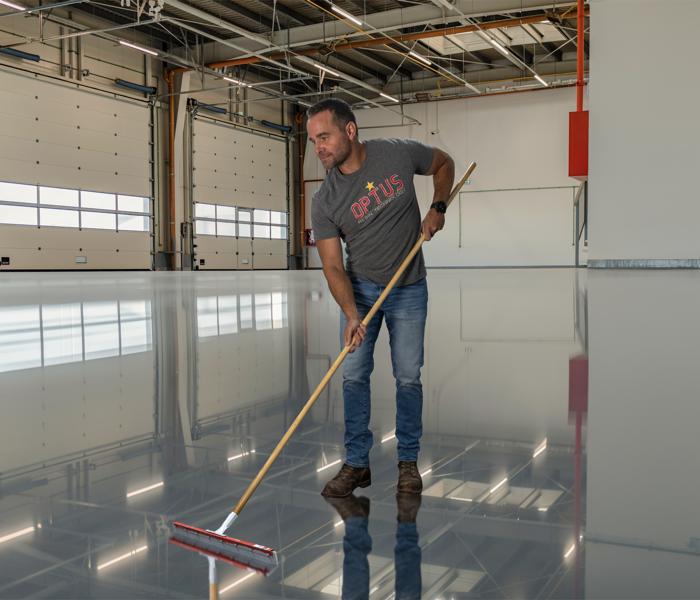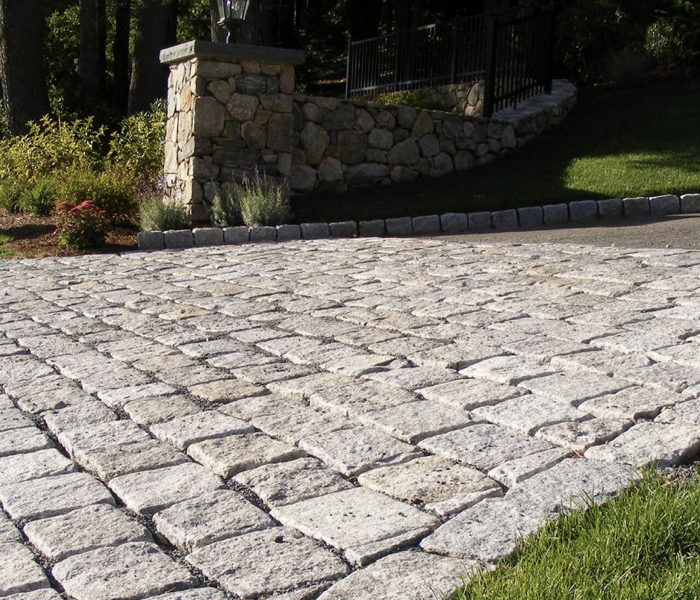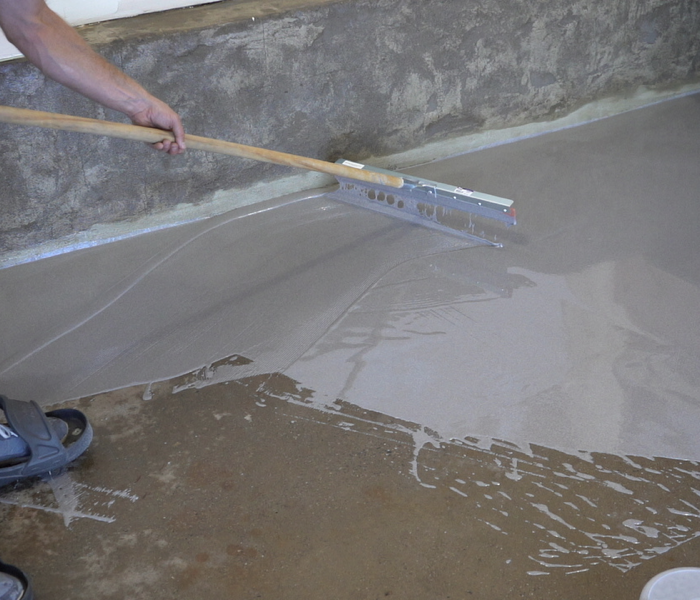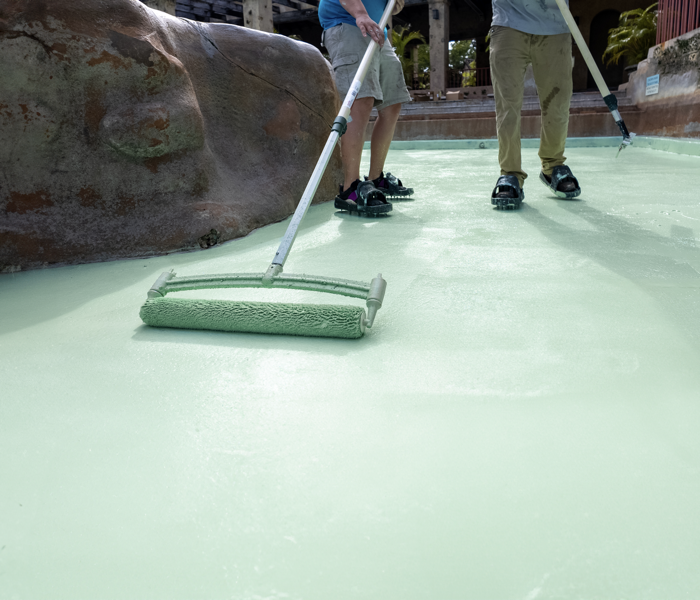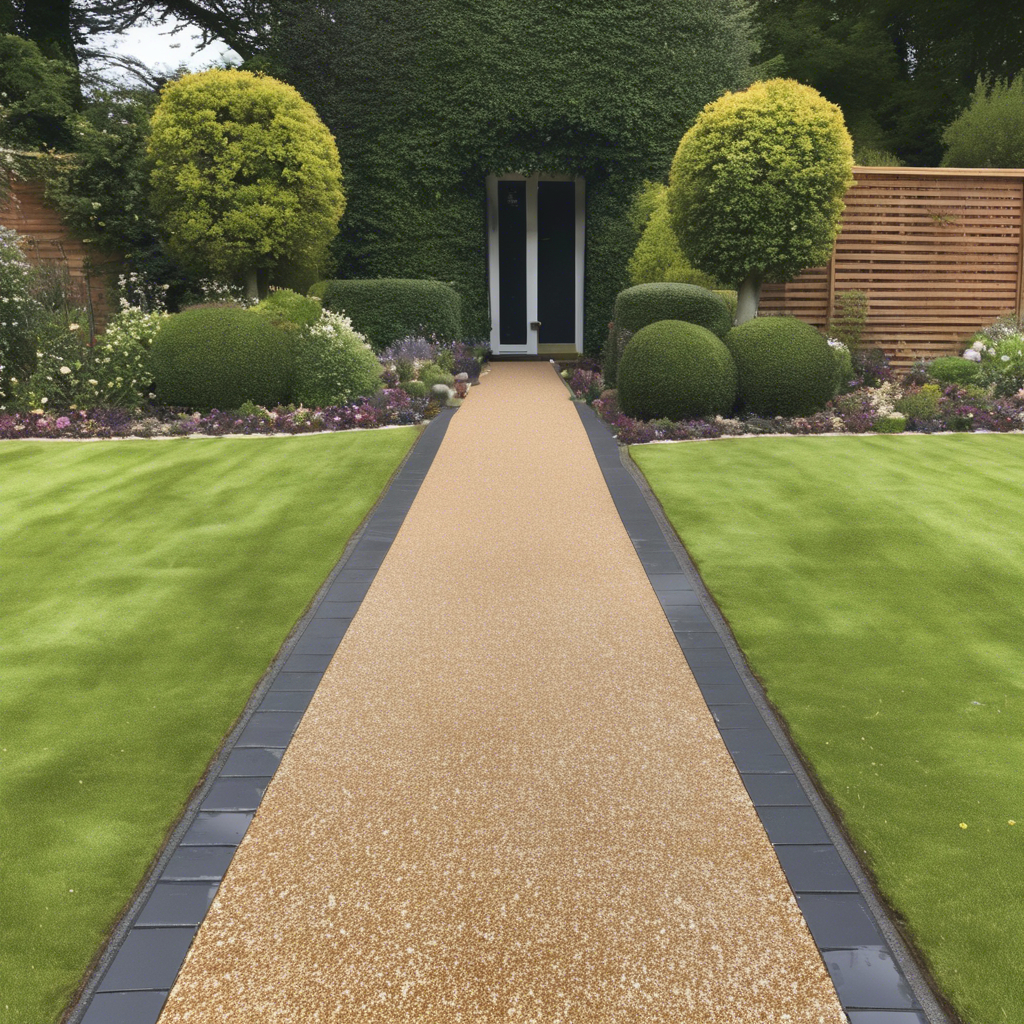
Choosing the right surface for your home can be a puzzle. Resin paths have gained popularity, known for their durability and aesthetic appeal. This article breaks down the pros and cons, from cost to maintenance, helping you decide if resin-bound paths are the fit for your property.
The Pros and Cons of Resin Paths
Resin paths offer an attractive appearance and require low maintenance. The UV stability of resin paths ensures longevity, but they come with a high cost and are susceptible to cracking and oil stains.
Advantages:
Attractive appearance
Resin paths are known for their attractive appearance, adding a sleek and modern touch to any property. The smooth and seamless finish of resin bound paths creates an aesthetically pleasing surface that complements the overall look of a home or commercial property.
With a wide range of color options available, resin paths can be customized to perfectly blend with the surrounding landscape, enhancing the curb appeal of the property.
Moreover, the aesthetically pleasing appearance of resin pathways is not just about visual appeal. It also contributes to creating a welcoming and inviting environment for visitors and residents alike.
Whether it’s a residential path or a commercial pathway, the attractive appearance of resin paths can significantly elevate the overall impression of the property while providing durability and low maintenance features that make them stand out among other paving options.

Low maintenance
Resin paths and paths are an ideal choice for homeowners looking for low-maintenance surfaces. With minimal upkeep requirements, the long-lasting durability of resin-bound drives makes them a practical option.
Properly installed and maintained resin pathways can endure for up to 20 years without necessitating major repairs, making them a cost-effective solution in the long run.
UV stable
UV stable refers to the ability of resin paths to resist damage from ultraviolet radiation. This feature ensures that the color and appearance of the path remain vibrant and intact over time, even when exposed to direct sunlight.
With UV stability, resin paths maintain their aesthetic appeal without fading or discoloration due to sun exposure. This makes them a durable and long-lasting option for homeowners seeking an attractive and low-maintenance surface for their properties.
In addition, UV stability plays a crucial role in ensuring that resin pathways comply with SUDs regulations. By resisting UV damage, these paths retain their structural integrity and are better equipped to withstand environmental factors over an extended period.
Disadvantages:
High cost
Resin paths are not inexpensive, but they offer longevity and durability. The initial investment in resin paths may be higher compared to other paving options. However, the cost can be justified by considering the minimal maintenance required and the long lifespan of up to 20 years with proper care.
Additionally, while it is true that resin paths come with a high price tag, their impressive tensile strength and UV stability contribute to their overall value over time.
With resin paths, it’s important to recognize that the upfront expense can lead to long-term savings due to reduced maintenance needs and extended lifespan. Despite the high cost of installation, homeowners should consider these factors when evaluating the feasibility of choosing resin pathways for their properties.
Potential for cracking
Resin pathways and paths have the potential for cracking, especially along the edges. Despite their tensile strength of 20 MPA, they are susceptible to cracking due to various factors such as ground movement or inadequate installation.
Proper maintenance and installation by professionals can help reduce this risk. Although resin paths offer durability and low maintenance, it’s important to consider the potential for cracking before making a decision on whether they are the right choice for your property.
With proper care and regular inspections, you can mitigate the risk of cracking in resin paths, ensuring that they remain an attractive and durable option for your outdoor spaces while fulfilling SUDs compliance standards.
Susceptible to oil stains
Resin paths and paths are not impervious to oil stains. Any petroleum-based products can cause unsightly marks on the surface, detracting from its visual appeal. It is crucial to address spills promptly to prevent discoloration and maintain the pristine look of the resin pathway.
Oil resistance remains a challenge for resin pathways, but prompt attention to spills and diligent maintenance can help mitigate these concerns. Using protective coatings or sealants designed specifically for oil protection may also provide added defense against stains, preserving the appearance of your resin path over time.
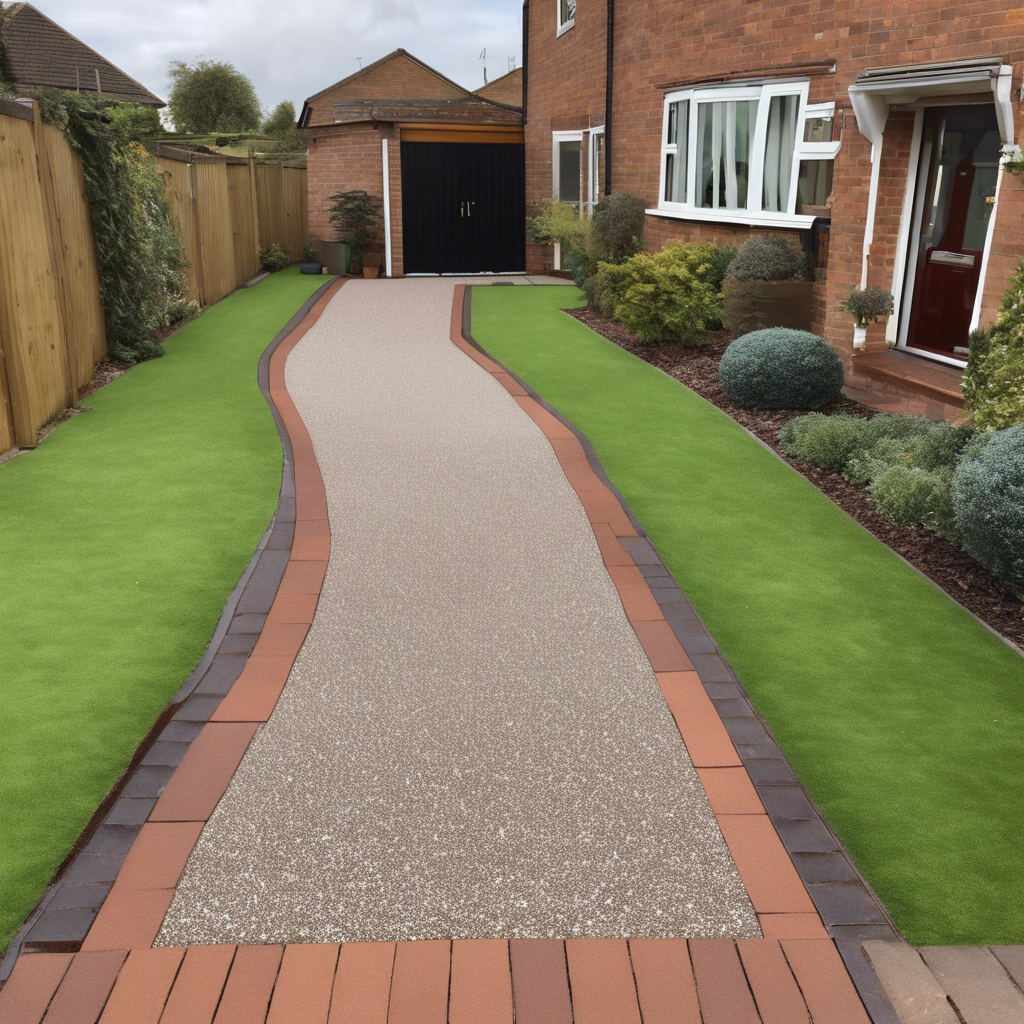
Conclusion: Are Resin Paths Worth It or Not?
Resin paths offer an attractive appearance and require minimal maintenance. Despite being susceptible to oil stains, they provide durability with proper care. The cost may be high, but their longevity makes them a viable option for homeowners seeking long-lasting solutions.
At Optus Resin, we take pride in offering high-quality resin products, including our Drive and Walk resin solutions like Eurogrip and Pebbletone, designed to elevate the appearance and functionality of outdoor paths and driveways. With Optus Resin, you can trust that you’re choosing a reliable and durable option that will enhance your property for years to come.
So, if you’re considering resin paths for your property, weigh the pros and cons carefully, and don’t hesitate to reach out to Optus Resin for expert guidance and top-notch products to transform your outdoor spaces.
FAQs
Resin paths offer great durability, low maintenance, and oil resistance, making them a good choice for both aesthetics and functionality in outdoor spaces.
The cost of installing a resin path can vary based on the size of the area and the type of resin material used. However, they are generally considered a cost-effective option for improving outdoor areas.
No, one of the main advantages of resin pathways is their ease of maintenance. They resist staining from oils and require just regular cleaning to keep them looking new.
Yes, due to their resilience and oil resistance features, resin paths are known for their durability and can last many years with proper installation and minimal maintenance.


